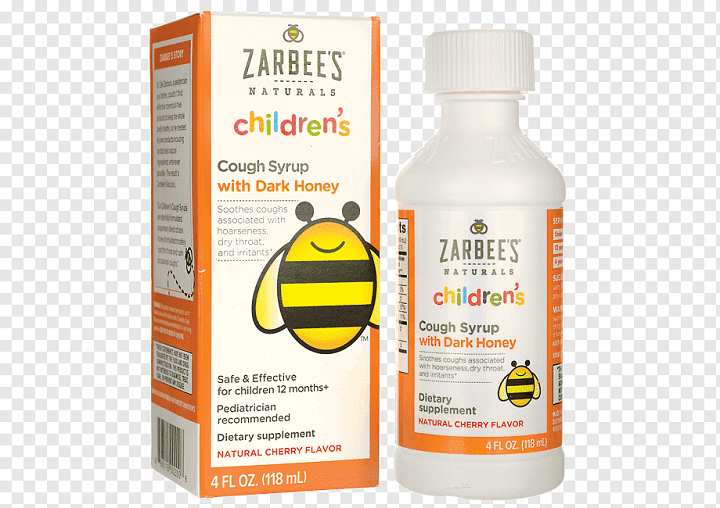In the realm of parenthood, few things evoke as much concern and worry as when our children fall ill. Coughs, in particular, can be distressing for both parents and kids alike. Finding the right cough medicine for your child can be a daunting task, with numerous options available and varying opinions on their effectiveness and safety. In this comprehensive guide, we’ll delve into everything you need to know about cough medicine for kids, including types, ingredients, safety considerations, and tips for choosing the best option for your little one.
Understanding Coughs in Children

Before delving into the realm of cough medicine, it’s essential to understand the nature of coughs in children. Coughing is a natural reflex that helps clear the airways of irritants, mucus, or foreign particles. In most cases, coughs are caused by respiratory infections such as the common cold, flu, or allergies. However, persistent or severe coughing may indicate a more serious underlying condition, and it’s crucial to consult a healthcare professional if you’re concerned about your child’s cough.
Types of Cough Medicines
When it comes to treating coughs in children, there are several types of cough medicines available, each with its own set of active ingredients and intended purposes. Understanding the differences between these types can help you choose the most appropriate medication for your child’s specific needs.
Cough Suppressants
- Cough suppressants, also known as antitussives, work by suppressing the cough reflex in the brain.
- Common active ingredients include dextromethorphan and codeine (in prescription medications).
- These medications are typically used to treat dry, non-productive coughs.
Expectorants
- Expectorants help thin and loosen mucus in the airways, making it easier to cough up.
- Guaifenesin is the most common active ingredient found in expectorant medications.
- These medications are often used to treat wet, productive coughs associated with mucus buildup.
Combination Medications
- Some cough medicines contain a combination of active ingredients, such as both a cough suppressant and an expectorant.
- These combination medications aim to provide comprehensive relief by addressing both dry and wet cough symptoms.
Safety Considerations

- When it comes to giving cough medicine to children, safety should always be the top priority. Here are some important considerations to keep in mind:
Age Appropriateness
- Not all cough medicines are suitable for children of all ages. Be sure to check the product label for age-specific dosing information.
- Avoid giving cough medicines to children under the age of 2, unless directed by a healthcare professional.
Active Ingredients
- Pay close attention to the active ingredients in cough medicines, as some may be contraindicated or have potential side effects.
- Consult your child’s healthcare provider or pharmacist if you have any questions or concerns about specific ingredients.
Dosing Accuracy
- Always use the appropriate measuring device, such as a calibrated dropper or syringe, to ensure accurate dosing.
- Never guess the dose or use household spoons, as this can lead to improper dosing and potential overdose.
Tips for Choosing the Right Cough Medicine
With so many options available, choosing the right cough medicine for your child can feel overwhelming. Here are some tips to help simplify the decision-making process:Take note of your child’s specific cough symptoms, such as dryness or mucus production, to determine which type of cough medicine may be most appropriate.


